Growing up, I was always drawn to competition. Not just the kind where you win or lose, but the kind where you push yourself to be better every single day. Whether it was football with my mates or grinding levels in a new game, I wanted to master it to understand the mechanics, find the edge, and then outplay everyone with it. That mindset has followed me through every stage of my life, and it’s what’s shaped my career — first in esports, and now in web3.
Fortnite was the first game where everything really clicked. I went pro at a pretty young age. Not because I was chasing anything, but because I couldn’t stop playing. I loved it. The constant intensity, the need to outthink and outbuild. It was addictive. Early on, I realized that my building and editing speed, plus my raw aim, put me on another level. I’d jump into scrims with big names and hold my own, sometimes even dominate. But the moment that really made it real was qualifying for the Fortnite World Cup solos. That was the turning point. That was when I knew I belonged at the top.
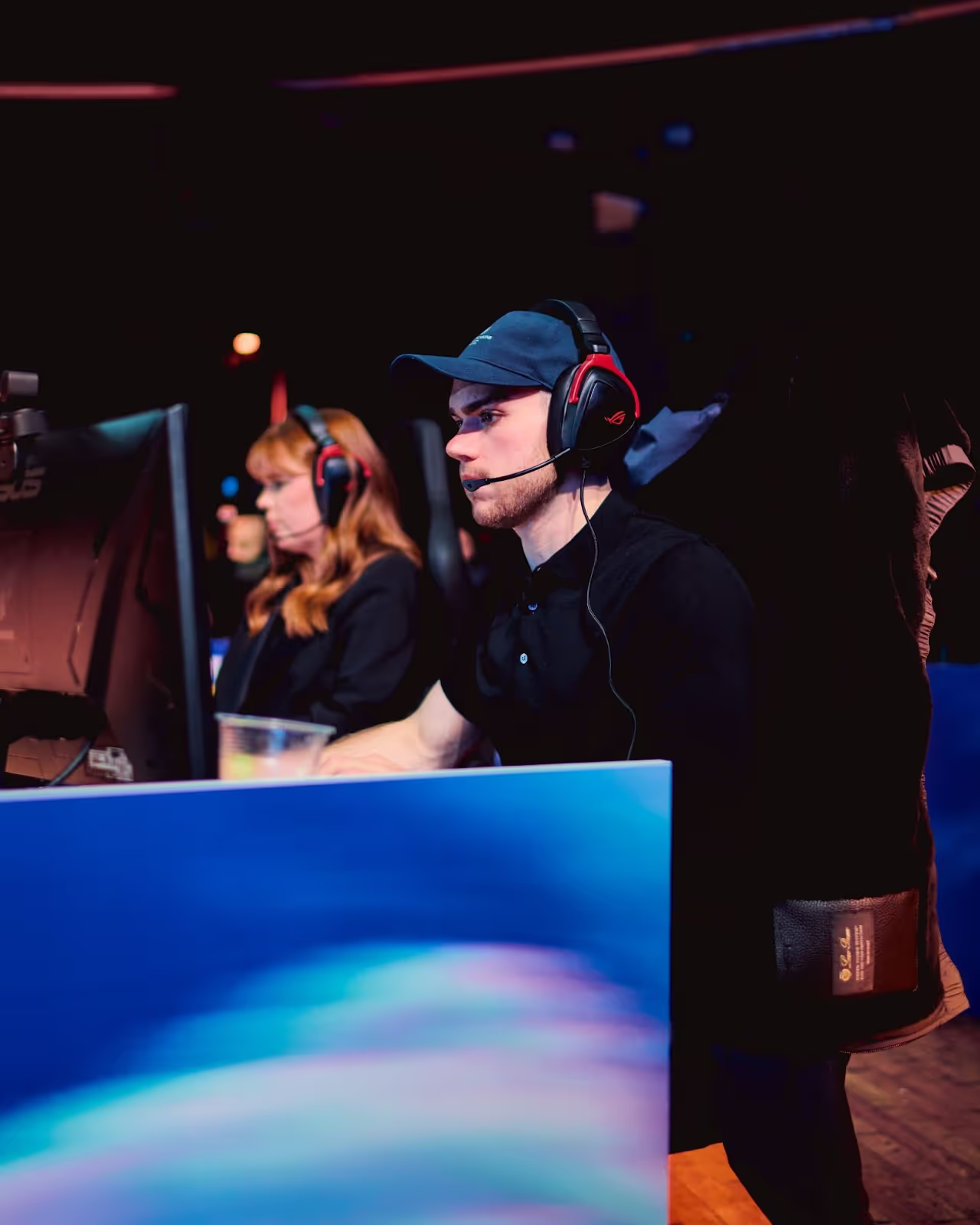
The game’s meta has changed a lot since then. Back in the day, it was all about who could edit the fastest. Now it’s more about game sense — predicting your opponent’s moves, mastering piece control. You’ve got to evolve if you want to stay relevant, and I’ve always been up for the challenge.
Balancing streaming and competition was tough when I was younger. At first, I didn’t stream much. I just wanted to win. But over time, I’ve learned to enjoy both. Now, I actually love streaming during tournaments. Engaging with chat and seeing their reactions to crazy plays or clutch wins make the whole experience more fun and rewarding.
That mindset is what drew me into Dookey Dash. A couple of old Fortnite friends, Mitr0 and Milan, introduced me to it. At first, I was just curious. But as soon as I realized there was a leaderboard and a prize on the line, I locked in. I was grinding every single day, optimizing my runs like it was a Fortnite tournament. When I finally won the Key NFT, the hype was unreal. I wasn’t even thinking about the value in that moment — it was just the pure satisfaction of putting in the hours and coming out on top. And not to be arrogant, but I placed 2nd and 3rd as well.
Eventually, I sold the Key on OpenSea for 1,000 ETH. It was a massive decision, but it felt right. Beyond the money, it was about being part of something bigger. Web3 had always been on my radar, but this was my first time really stepping into the spotlight with it. I wanted to do it the right way, so I paid full royalties to Yuga. That was important to me as a sign of respect to the space and the people building it.

I genuinely believe blockchain can make gaming better. Ownership is a big one. In web2, you can sink thousands of hours and dollars into a game, but if your account gets banned or the game shuts down, you lose everything. With blockchain, players actually own their in-game assets. That transparency and security could change everything.
I can definitely see big studios like Epic and Riot getting into this space, too. Look at Fortnite UEFN — they’re already pushing boundaries. As the economics of gaming shift, players will hopefully start having more control, whether it’s through prize pools, tradable items, or even player-owned ecosystems.
Monetization is also evolving. Right now, most pro players make more money through streaming, sponsorships, and content than actual competitions. I’m not sure exactly how web3 will change that yet, but I think the potential is there, especially for players who dominate certain games or own rare digital assets. And as DAOs and decentralized tournaments become more of a thing, it could give the community even more power to shape the competitive scene.
That’s part of why partnering with OpenSea was a no-brainer. I used it every day during Dookey Dash. It’s my go-to marketplace for NFTs, and I genuinely believe it has the potential to bridge web3 and gaming in a way that makes sense. Right now, NFTs still have a negative brand in some gaming circles. But the idea of being able to trade your in-game items across different titles? That’s huge. Imagine not losing all your in-game items when you stop playing a game, or in the future, being able to use them outside the game itself. Instead, you could trade or sell them on OpenSea.

As for what’s next, I’m pumped to finally share more about my experiences in crypto and web3. I’ve been in the space for a while, collecting NFTs and learning the ropes, but now it’s time to bring that to my community and learn more about the games inside the space. I am excited to do this with OpenSea to help educate and understand how these games play and function. Outside of that, I’ll keep streaming, keep grinding, and start filming some more IRL content later this year.
It’s been a wild ride so far and I feel like it’s just getting started.
.avif)


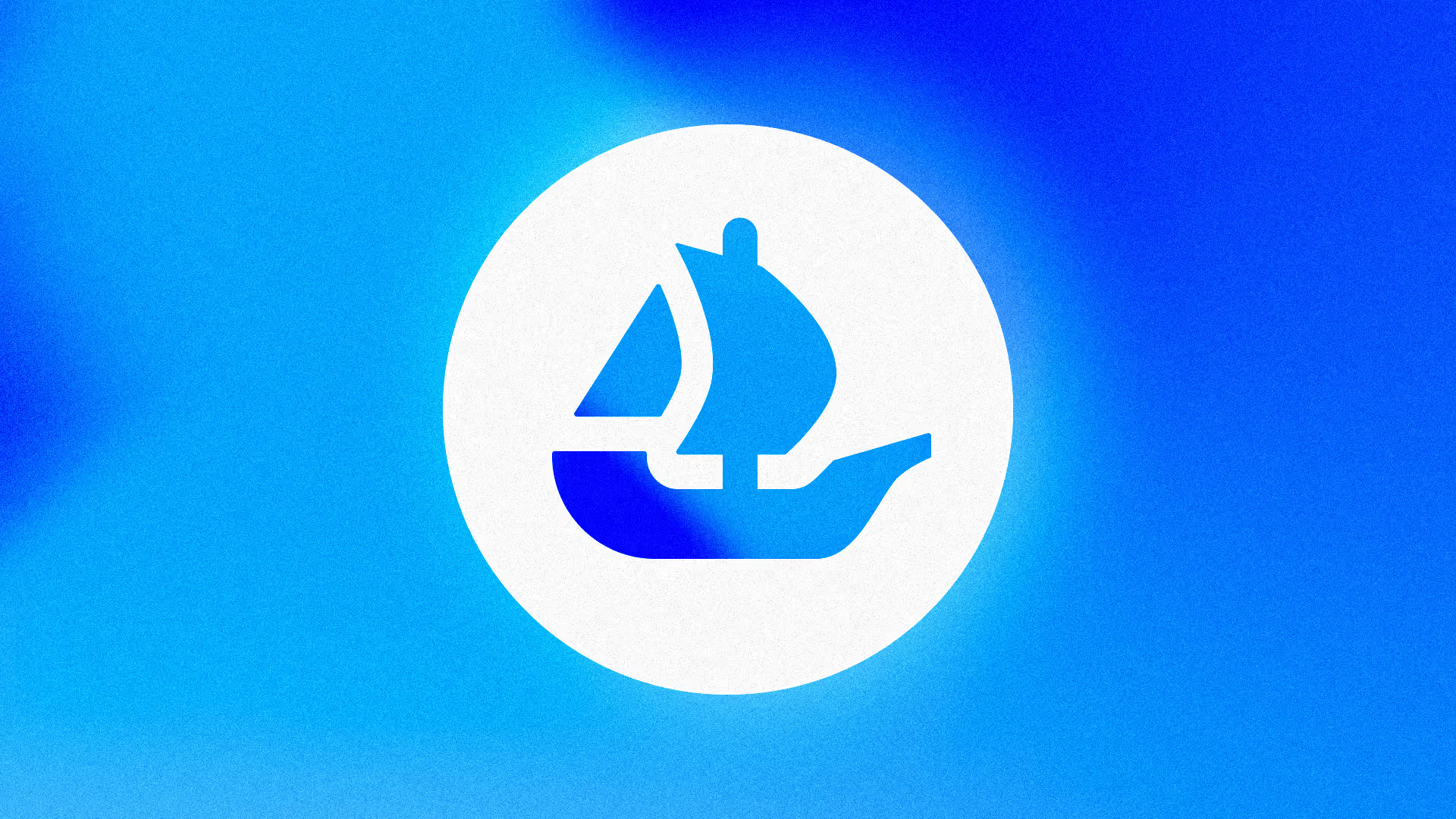
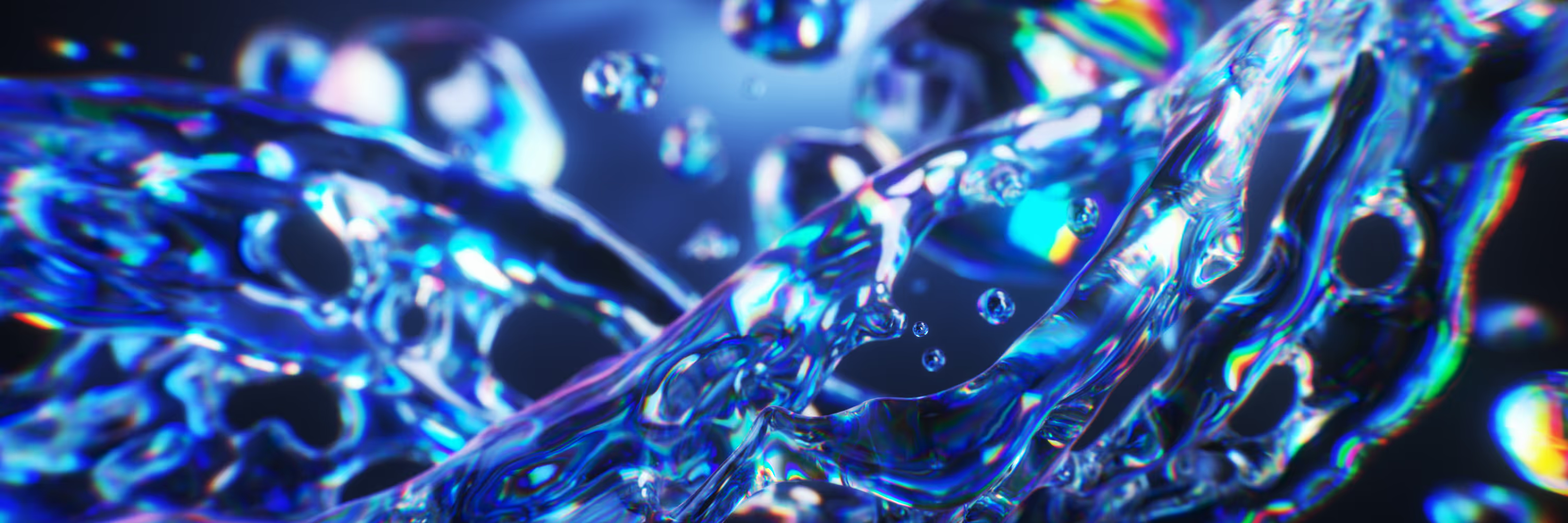
.avif)
.png)
.png)
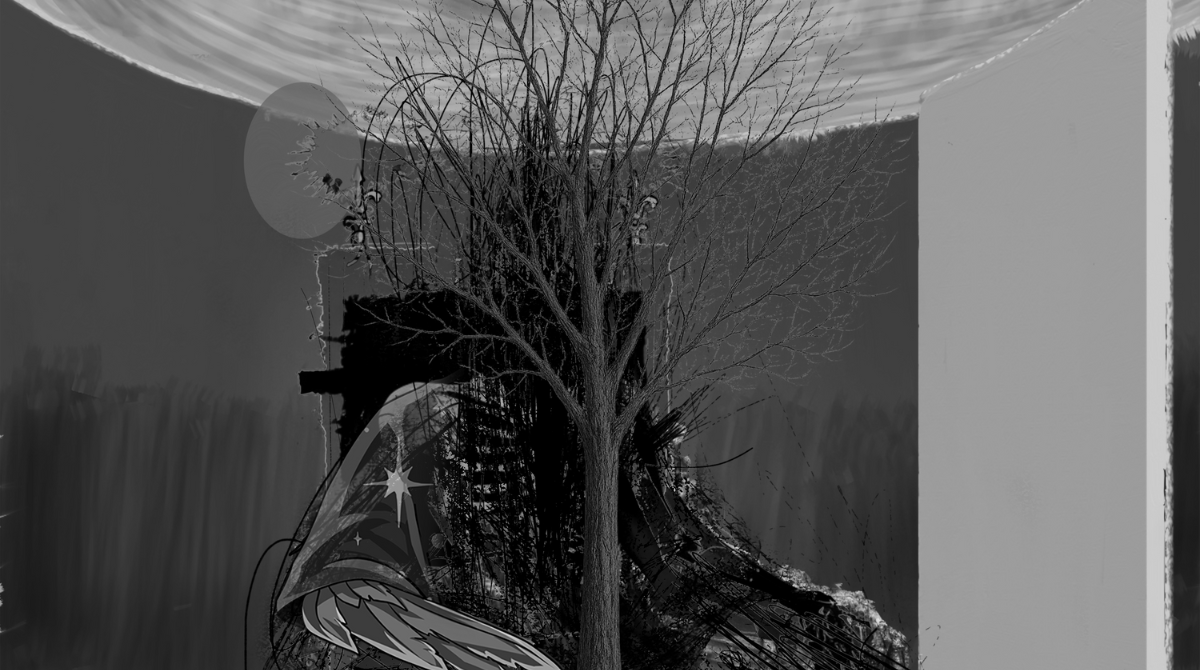

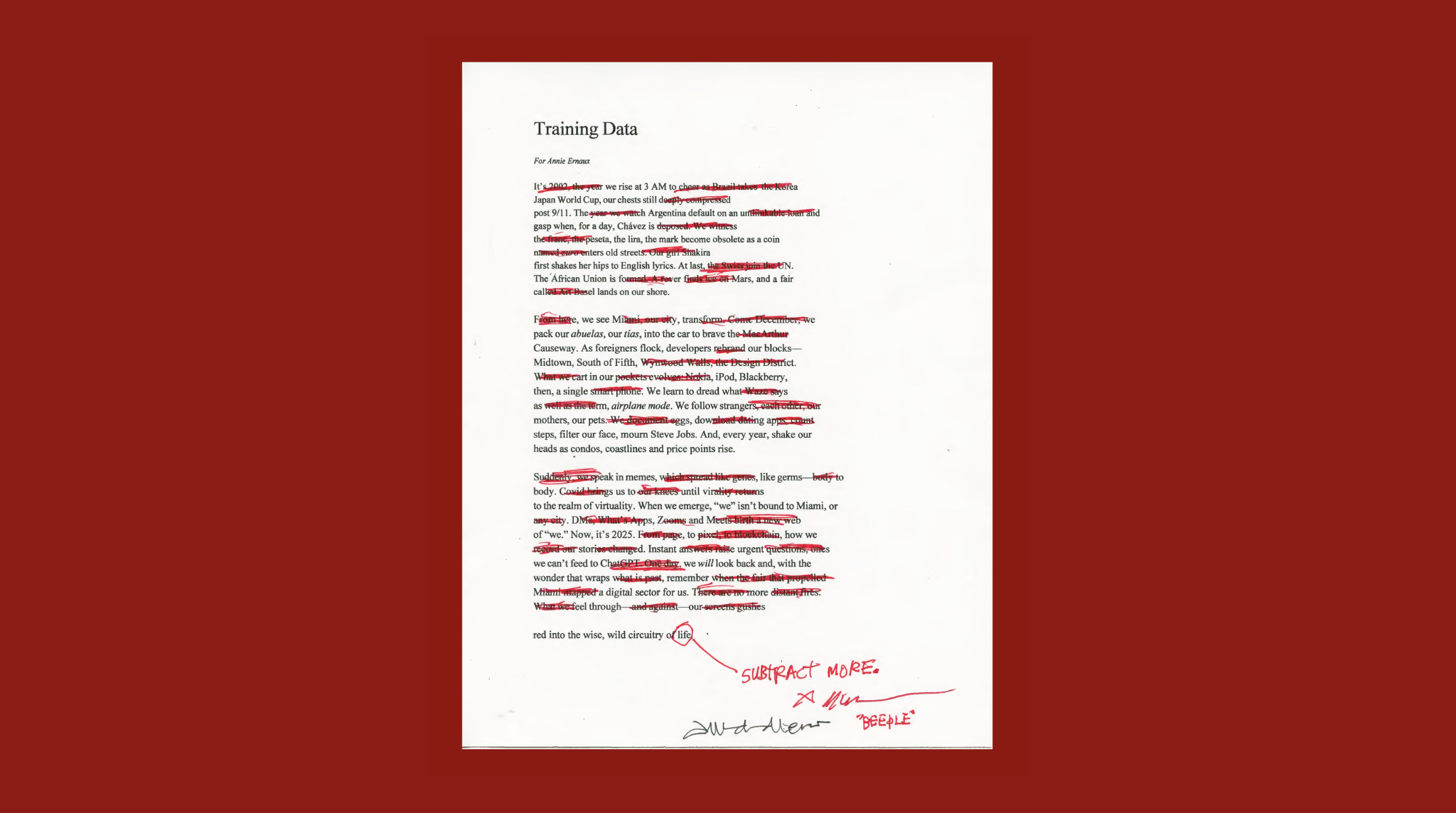
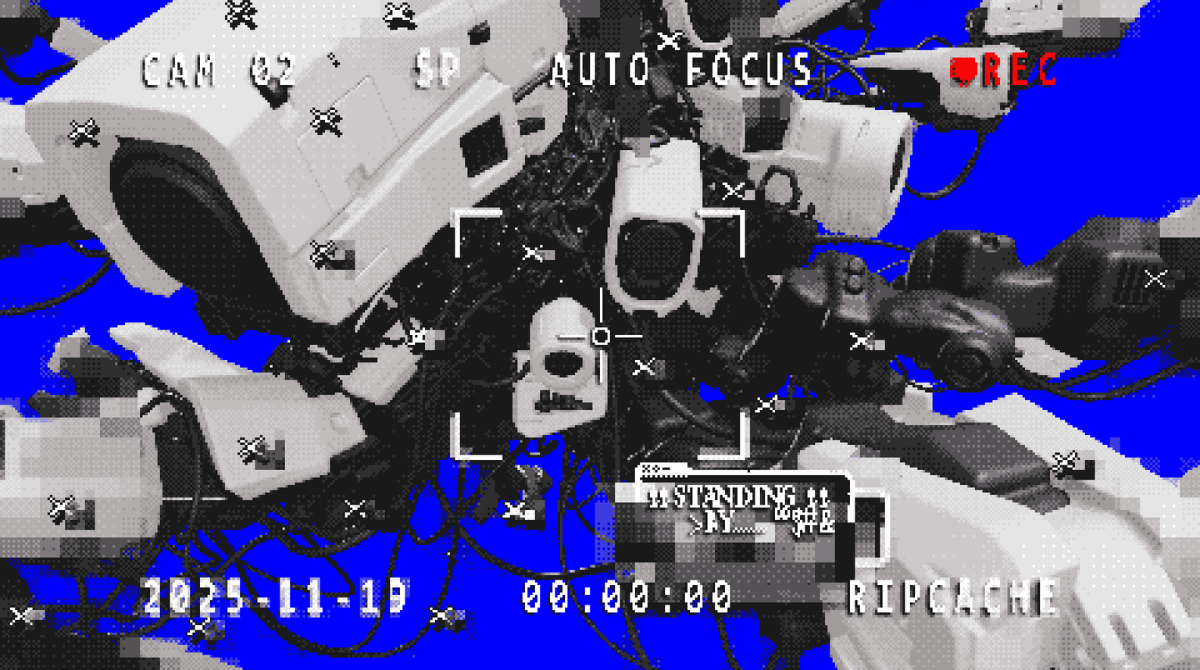
.png)
.png)